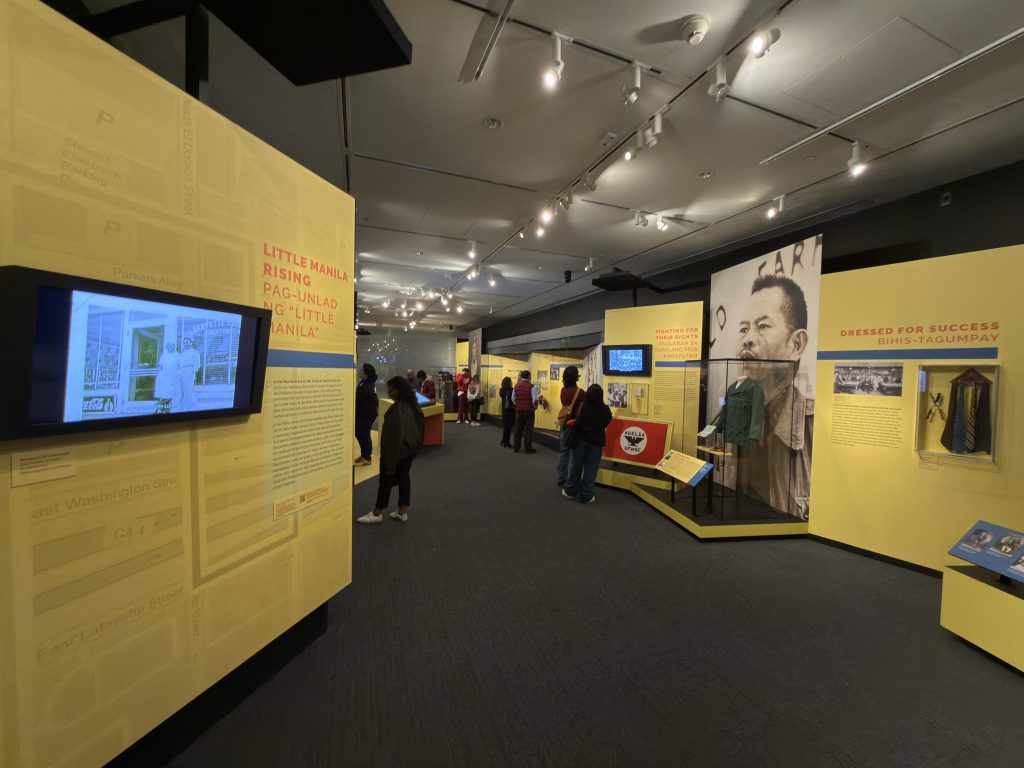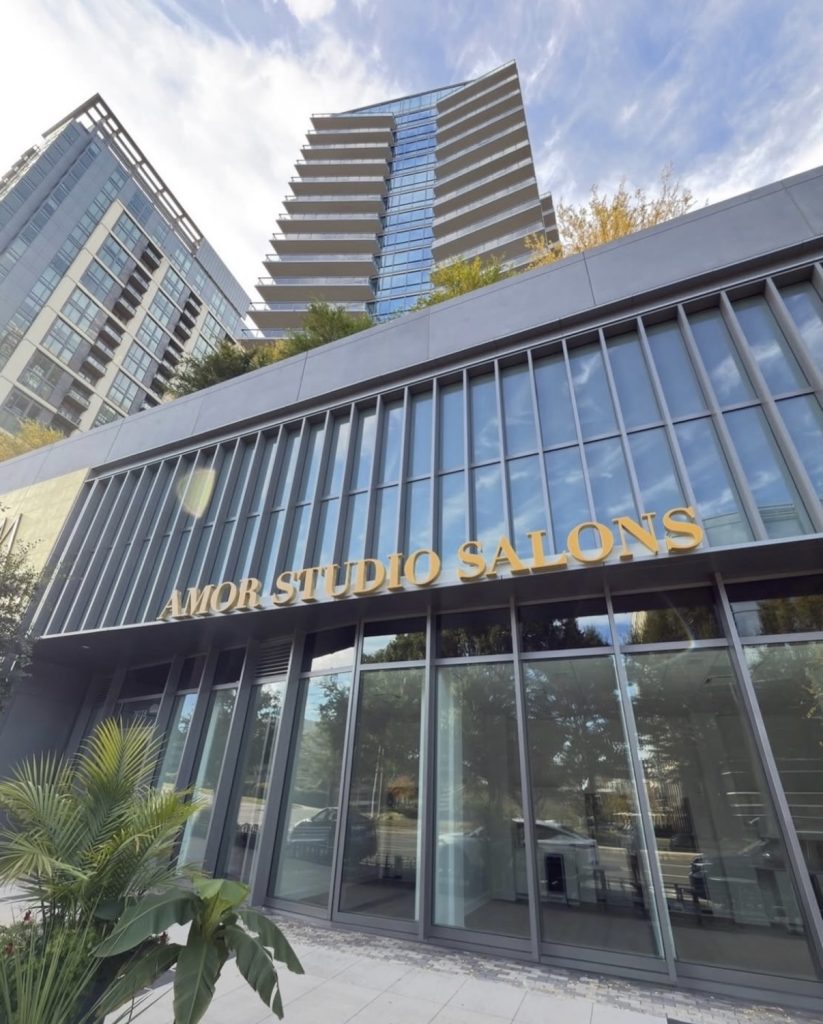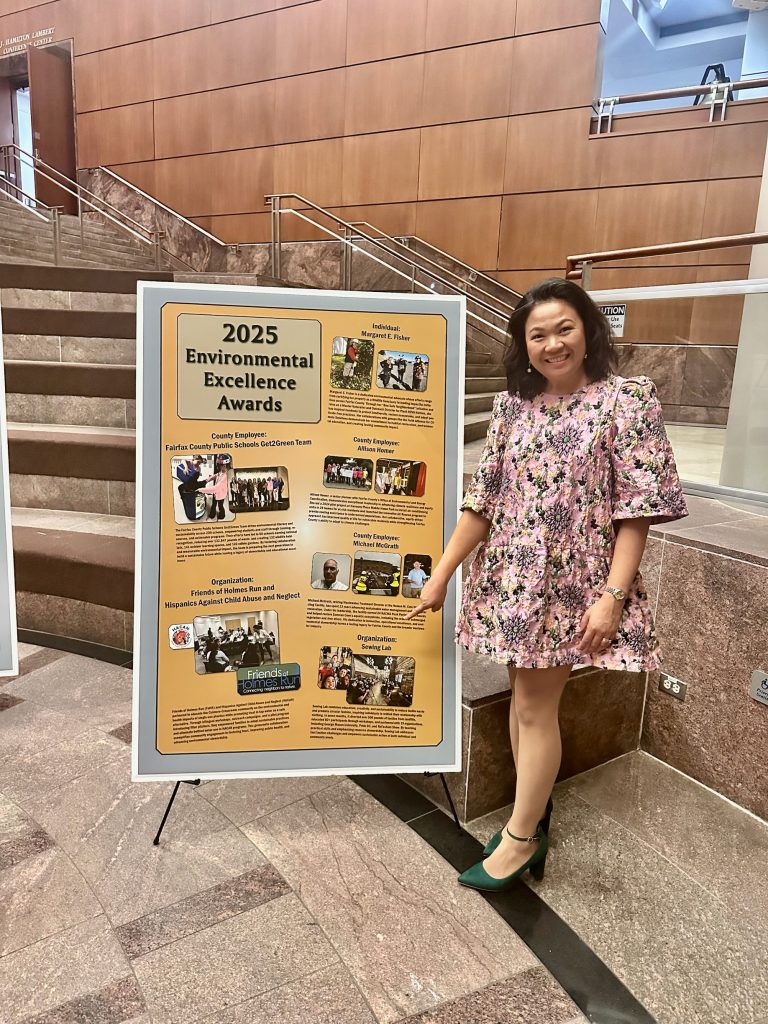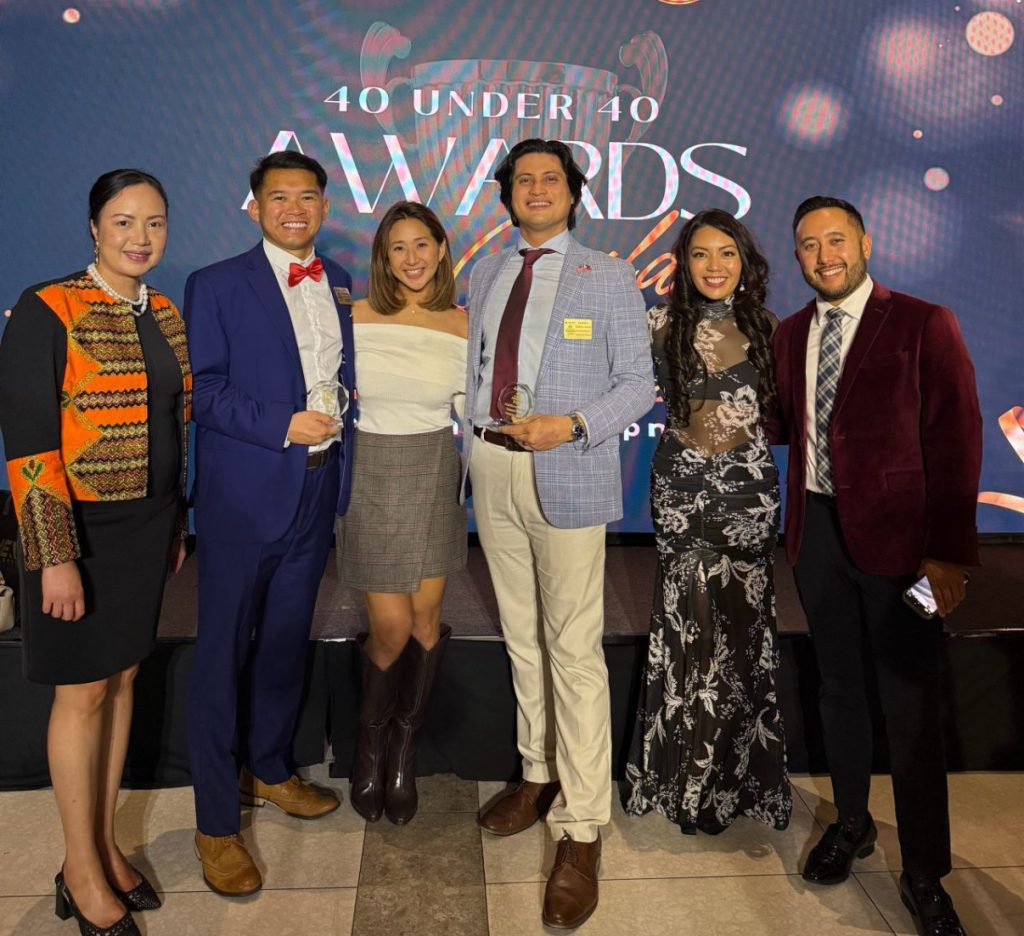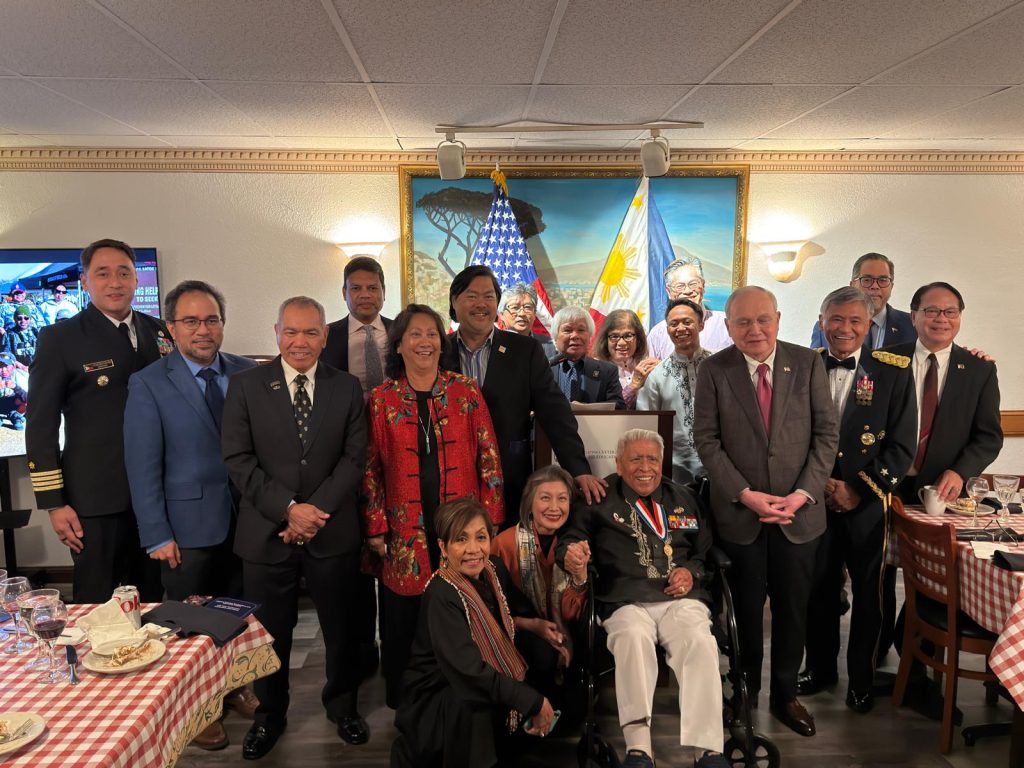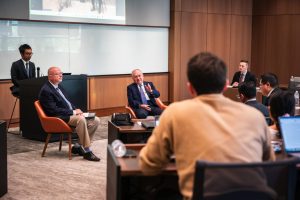
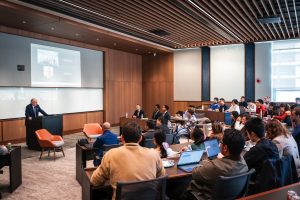
From Diplomatic Halls to the Classroom
Ambassador Romualdez’s appearance at SAIS exemplifies a growing trend in diplomatic outreach: bringing foreign policy discourse to engaged, intellectually curious audiences. Rather than limiting his engagements to formal diplomatic or governmental settings, he met with students in an academic environment—where debate, inquiry, and curiosity shape discourse.
In his address, Romualdez traced the arc of the Philippines’ ties with the U.S., emphasizing that the bilateral relationship is not static. Instead, it must adapt to emergent challenges: shifting security dynamics in the Indo-Pacific, evolving economic interdependence, and ASEAN’s own centrality in regional order.
He encouraged students to view the Philippines not merely as a geostrategic partner, but as a sovereign nation with agency—notably in pursuing its own development priorities, aligning external cooperation with domestic needs, and safeguarding its interests amid great-power competition.
Key Themes from the Dialogue
Some of the major points discussed included:
1. ASEAN as Anchor, Not Afterthought
Romualdez underscored the importance of ASEAN centrality as the backbone of regional architecture. He argued that for sustainable peace and security in the Indo-Pacific, the U.S.–Philippines link must be embedded in a broader multilateral framework where ASEAN remains relevant and robust.
2. Security Cooperation, but with Respect for Sovereignty
While he affirmed the significance of defense and security partnerships, Romualdez emphasized that such cooperation must respect Philippine sovereignty and national decision-making. He acknowledged complex pressures—from territorial disputes, maritime security, to geopolitical competition—and called for partnerships rooted in mutual understanding and respect.
3. Economic Collaboration and Development
Beyond defense, Ambassador Romualdez highlighted that U.S.–Philippines relations are increasingly anchored in economic opportunities: investment, trade, technology transfer, capacity building. He urged the student audience to reckon not just with strategic and security dimensions, but with how such ties tangibly affect people’s lives in the Philippines.
4. The Role of Youth, Academia, and Public Engagement
One of the most compelling moments of the session was when Romualdez turned the conversation toward the role of students, scholars, and civil society. He challenged them to engage deeply with diplomatic discourse—not passively consume it—and to bring back nuanced understanding to their home countries. In an era when foreign policy often seems distant, he called for bridging the gap between the halls of power and the minds of tomorrow’s leaders.
Why This Matters
This event was not just another diplomatic appearance. It was symbolic and strategic in several ways:
- Dialogue over monologue: By engaging a student audience, the ambassador signaled that diplomacy is not the exclusive domain of governments, but also of informed citizens.
- Narrative control: In an era of misinformation and polarized discourse, having the Philippines’ voice represented directly—especially by an ambassador—helps shape how its policies and perspectives are understood abroad.
- Institutional bridging: The interaction fosters stronger linkages between Philippine diplomacy and global academic institutions, strengthening networks of cooperation, research, and future leadership.
Looking Ahead
Moving forward, the Philippines and the U.S. are positioned in a more complex, contested regional context than in decades past. The success of their cooperation will depend not only on treaties and agreements, but on how such partnerships align with national development goals, public welfare, and regional peace.
Ambassador Romualdez’s engagement at SAIS is a microcosm of a more open, inclusive, and intellectual approach to diplomacy—one that invites dialogue, subjectivity, and critical thinking. For the students who attended, the session was a chance to probe, push limits, and perhaps see diplomacy not as a distant machine, but as a human enterprise shaped by ideas, trust, and conversation.
Would you like me to polish this further or adapt it for a specific publication (e.g. a newspaper, a digital magazine, student journal)?
Credits:
This feature article is based on the official press release “Philippine Ambassador Engages Johns Hopkins University Students on Philippines-U.S. Relations” published by the Embassy of the Republic of the Philippines in Washington, D.C.
Read the full article here: https://philippineembassy-dc.org/philippine-ambassador-engages-johns-hopkins-university-students-on-philippines-u-s-relations/


